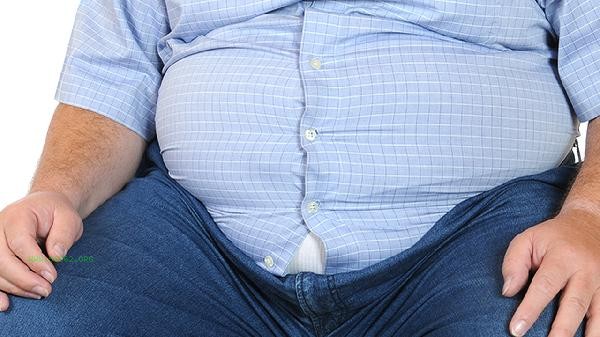Not eating weight loss meals and relying on exercise can generally help with weight loss, but the effect varies from person to person. Exercise based weight loss is mainly achieved through increasing calorie consumption, promoting fat breakdown, increasing basal metabolic rate, improving body fat distribution, and enhancing cardiovascular and pulmonary function. The core of exercise based weight loss is that calorie consumption exceeds intake. Even without adjusting diet, continuous and regular exercise can create a calorie deficit. Aerobic exercises such as brisk walking, swimming, and cycling can directly burn fat, with a more significant effect lasting for more than 30 minutes each time. Strength training such as squats and push ups can increase muscle mass, activate muscle tissue metabolism, and long-term improve resting energy expenditure. High intensity interval training can achieve high fat burning efficiency in a short period of time, making it suitable for people with tight schedules. Exercise can also regulate levels of leptin and ghrelin, indirectly helping to control appetite. Some people may have limited weight loss effects solely through exercise. After exercise, it is easy to consume more calories due to increased hunger, offsetting exercise expenditure. Muscle growth may lead to temporary weight gain, and the effect should be evaluated in conjunction with changes in body fat percentage. People with insulin resistance or metabolic syndrome find it difficult to break through the plateau period solely through exercise. Insufficient exercise intensity or short duration may result in lower than expected calorie expenditure. Not supplementing protein in a timely manner after exercise may lead to muscle loss and actually reduce metabolic rate.

It is recommended to combine exercise with moderate dietary adjustments, avoid high sugar and high-fat foods, and increase intake of high-quality protein and dietary fiber. Maintain 150 minutes of moderate intensity exercise per week, paired with 2-3 strength training sessions, and regularly monitor changes in body fat. Pay attention to replenishing water and electrolytes before and after exercise, and avoid excessive training that can lead to an increase in cortisol and affect the weight loss effect. If you have chronic diseases or a large body weight, you should develop an exercise plan under professional guidance.









Comments (0)
Leave a Comment
No comments yet
Be the first to share your thoughts!